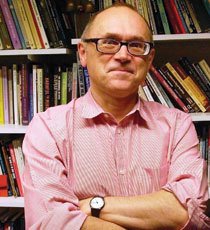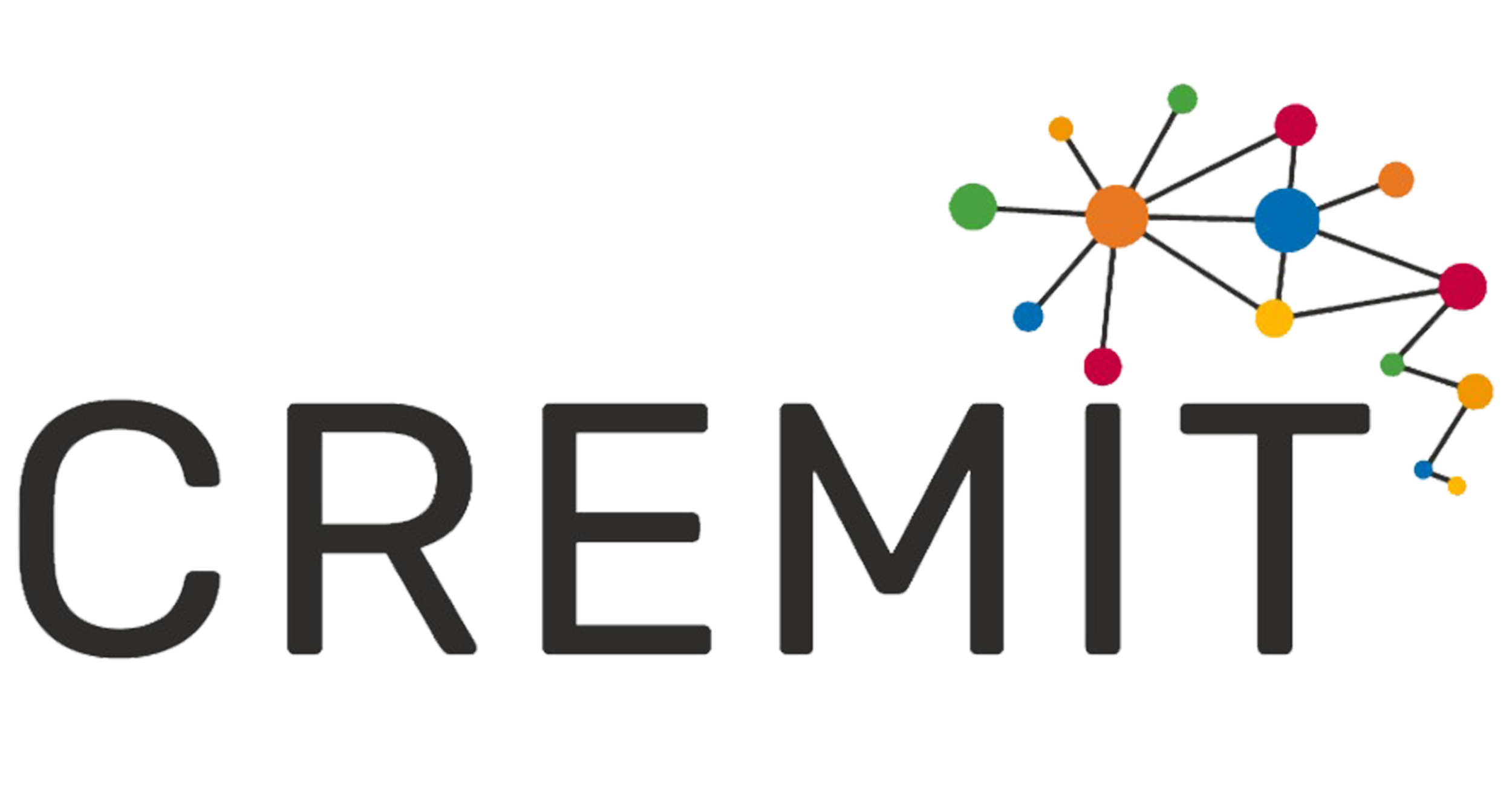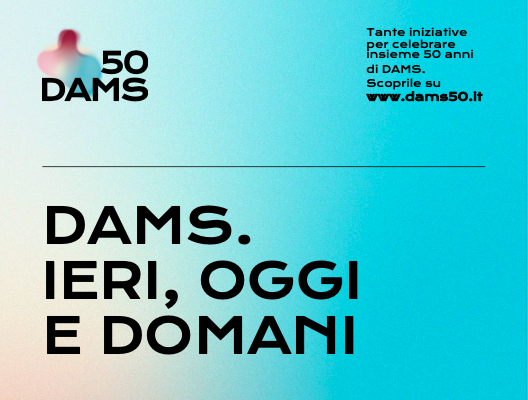
David Buckingham
(Loughborough University)
Within celebrations of the 50th anniversary of the foundation of the Drama, Art and Music Studies program (DAMS) at the University of Bologna, the Department of the Arts organized the conference Dams. Ieri, Oggi e Domani which took place on April 22-24th, 2021. The last day of the conference was dedicated to innovative teaching techniques in the field of the arts and media. For each field of study included in the curriculum of the DAMS program (e.i. cinema, music, theater and the performing arts) a roundtable was organized to discuss the future of the teaching of the arts in schools and universities. To open this day of conversations, Prof. David Buckingham was invited to hold a keynote lecture entitled Media and cultural education in the age of digital capitalism.
Professor Buckingham is a leading internationally recognized expert on children’s and young people’s interactions with electronic media, and on media literacy education. He has researched and written extensively on these topics: Media Education: Literacy, Learning and Modern Culture (2003); Beyond Technology: Children’s Learning in the Age of Digital Culture (2007); The Material Child: Growing Up in Consumer Culture (2011); The Media Education Manifesto (2019), just to name a few.
During the lecture he presented some of the key concepts that he discussed in one of his most recent books The Media Education Manifesto (2019) and articles “Rethinking digital literacy: Media education in the age of digital capitalism“. Among his main ideas, emerges the need to surpass the binary view of digital media as either “offering risks or opportunities” for young people. Media literacy, he posits, cannot be restricted simply to the teaching of digital skills and internet safety but must take a broader approach capable of critically addressing the increasing “ubiquity of digital media in everyday life” and the rise of “digital capitalism”.
These two phenomena respectively require teachers, educators, and policymakers to rethink both the way that “the use of technology in schools often fails to connect with what children are doing with technology outside school”, and to understand the broader context in which these technologies operate, that is, a mediascape increasingly dominated “by a small number of very large commercial companies that are unaccountable to nobody but their stakeholders”. In this era of digital capitalism “if the service is free, then you are the product – or at least your data is the product that is being bought and sold”.
In this mediascape, Buckingham argues that “media literacy should be more than a well-meaning slogan: it requires media education as a systematic program of teaching and learning for all children” that should not just be left to the goodwill of individual teachers, but should be supported and regulated by the governments.
This is just a very short synthesis of the main arguments that Prof. Buckingham addressed in his speech. To get a more comprehensive picture of his thoughts and theorizations, you can watch here the entire lecture.
David Buckingham is Emeritus Professor at Loughborough University, and a Visiting Professor at Kings College in London. He is currently a Leverhulme Trust Emeritus Fellow. He was for many years a Professor of Education at the Institute of Education, London University (now part of UCL), where he was the founder and director of the Centre for the Study of Children, Youth and Media. In 2011 Buckingham was elected a Fellow of the Academy of Social Sciences FAcSS, and four years later he was also elected a Fellow of the British Academy FBA, the United Kingdom’s national academy of the humanities and social sciences. He has directed numerous research projects on these issues, and has been a consultant for UNESCO, the United Nations, Unicef, the European Commission, Ofcom, and the UK government. He is author, co-author or editor of 30 books, and over 220 articles and book chapters. His work has been translated into 15 languages. Among his key publications we can mention Media Education: Literacy, Learning and Modern Culture (2003); Beyond Technology: Children’s Learning in the Age of Digital Culture (2007); The Material Child: Growing Up in Consumer Culture (2011); The Media Education Manifesto (2019) and his upcoming publication which will be released this summer Youth on Screen: Representing Young People in Film and Television (Summer 2021).








